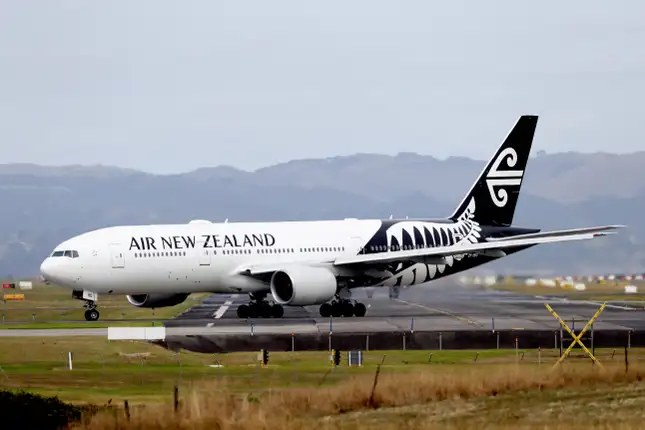Latest reports show that Air New Zealand has become the first major airline to drop its 2030 goal to cut carbon emissions.
The company had blamed difficulties in procuring new planes and sustainable jet fuel.
Greg Foran, who is the airline’s CEO, said: “In recent months, and more so in the last few weeks, it has also become apparent that potential delays to our fleet renewal plan pose an additional risk to the target’s achievability.
“It is possible the airline may need to retain its existing fleet for longer than planned due to global manufacturing and supply chain issues that could potentially slow the introduction of newer, more fuel-efficient aircraft into the fleet.”
The industry as a whole has a goal to achieve net zero emissions by 2050. But in 2022, Air New Zealand set itself the target of cutting its emissions by almost 29% by 2030. The company said that it is now re-adjusting this figure to be more realistic, taking into account the lack of sustainable fuel options and new planes.
Mile for mile, flying is the most carbon-emitting way to travel, but as about 10% of the world travels by plane in an average year, the aviation industry is responsible for about 2.5% of global emissions.
Most airline companies plan to cut their emissions by a mixture of offsetting – though this has since become a disputed area – upgrading their planes to be more energy efficient, and using new, sustainable aviation fuels.
However, the much touted “sustainable aviation fuels” are way off track to replace current fuels in a timeframe needed to avert dangerous climate change, and reports have found there is now “no realistic or scalable alternative” to standard kerosene-based jet fuels.
The new fuels are made of biomass, including crops, waste oil and forestry and agricultural waste.
However it is dubious whether enough of this fuel can be produced to sate the demand of the aviation industry and protect enough land for growing the world’s food.
Story was adapted from the Guardian.
